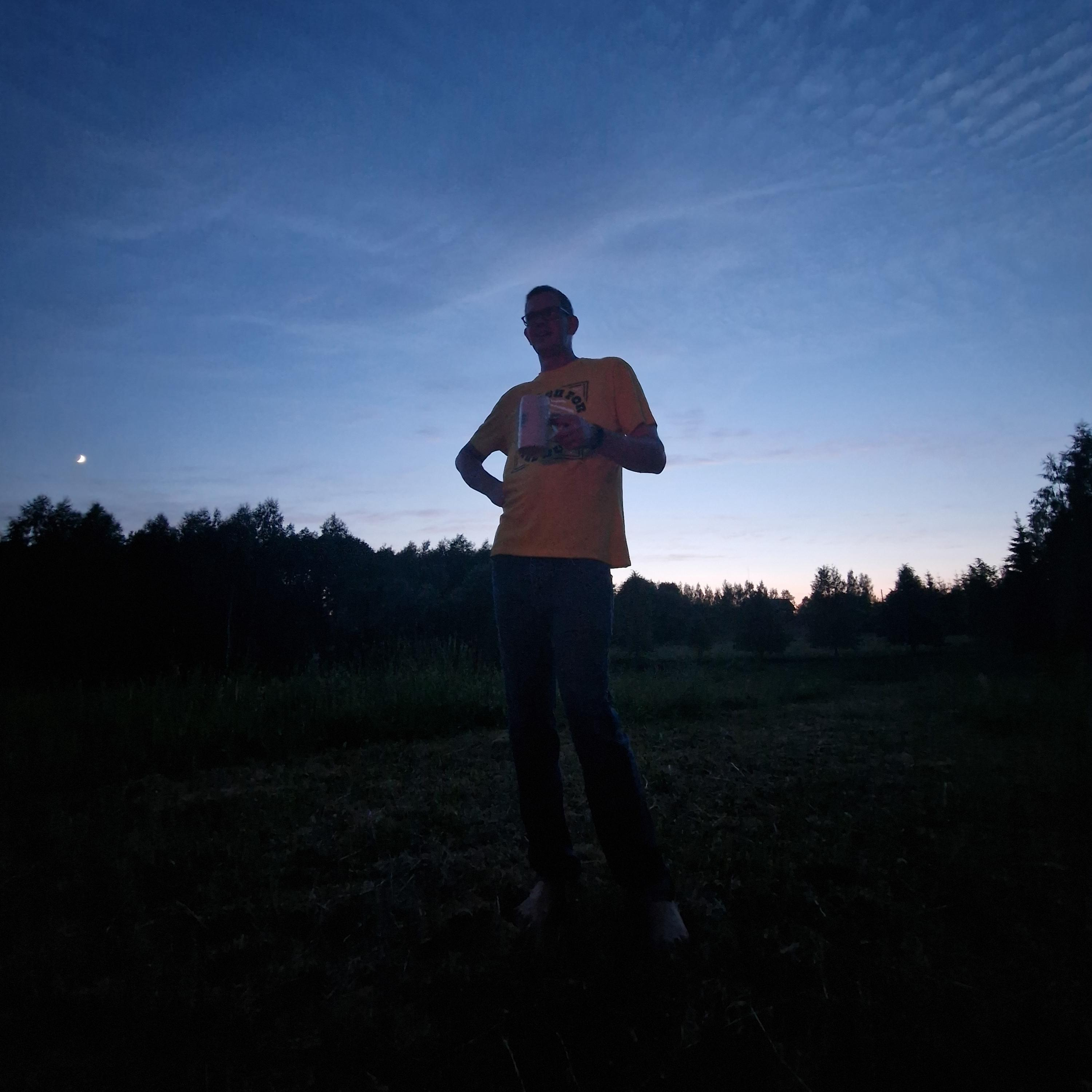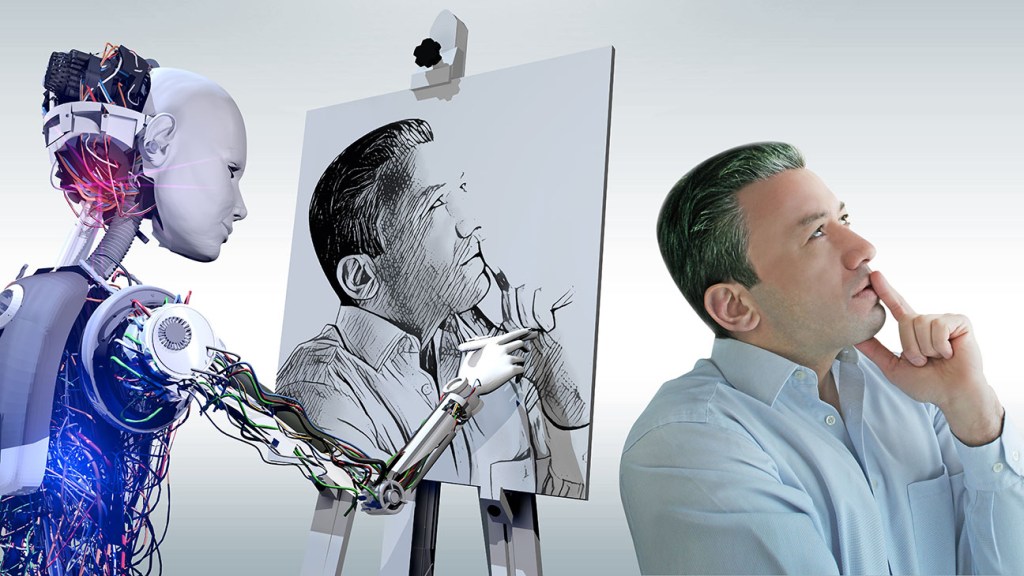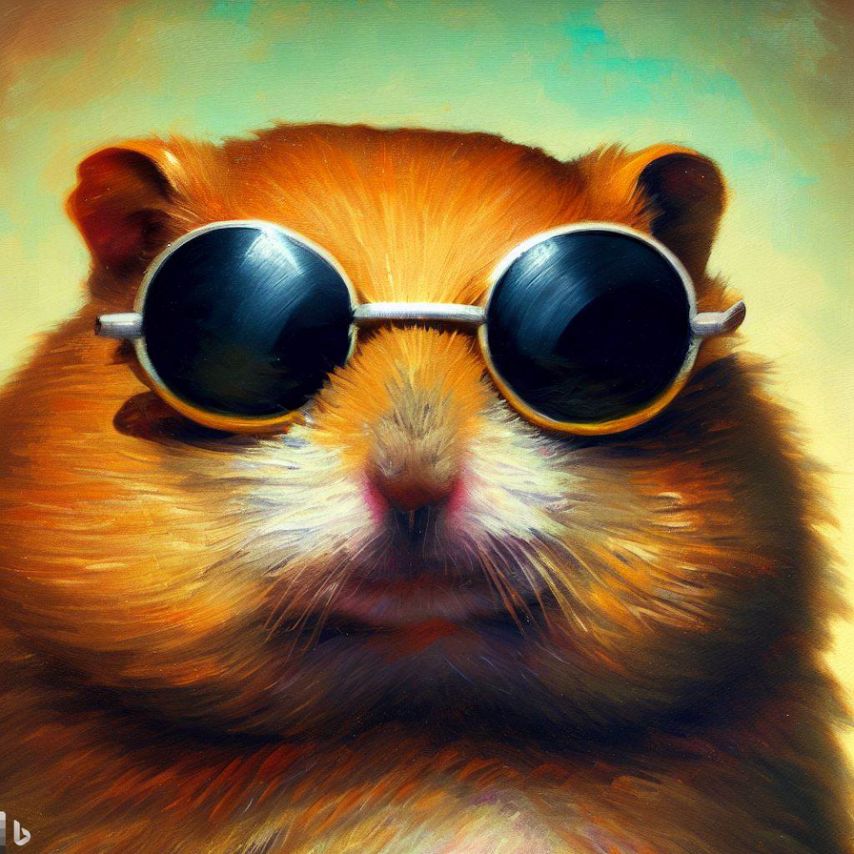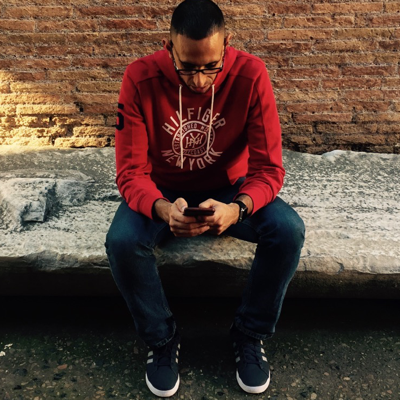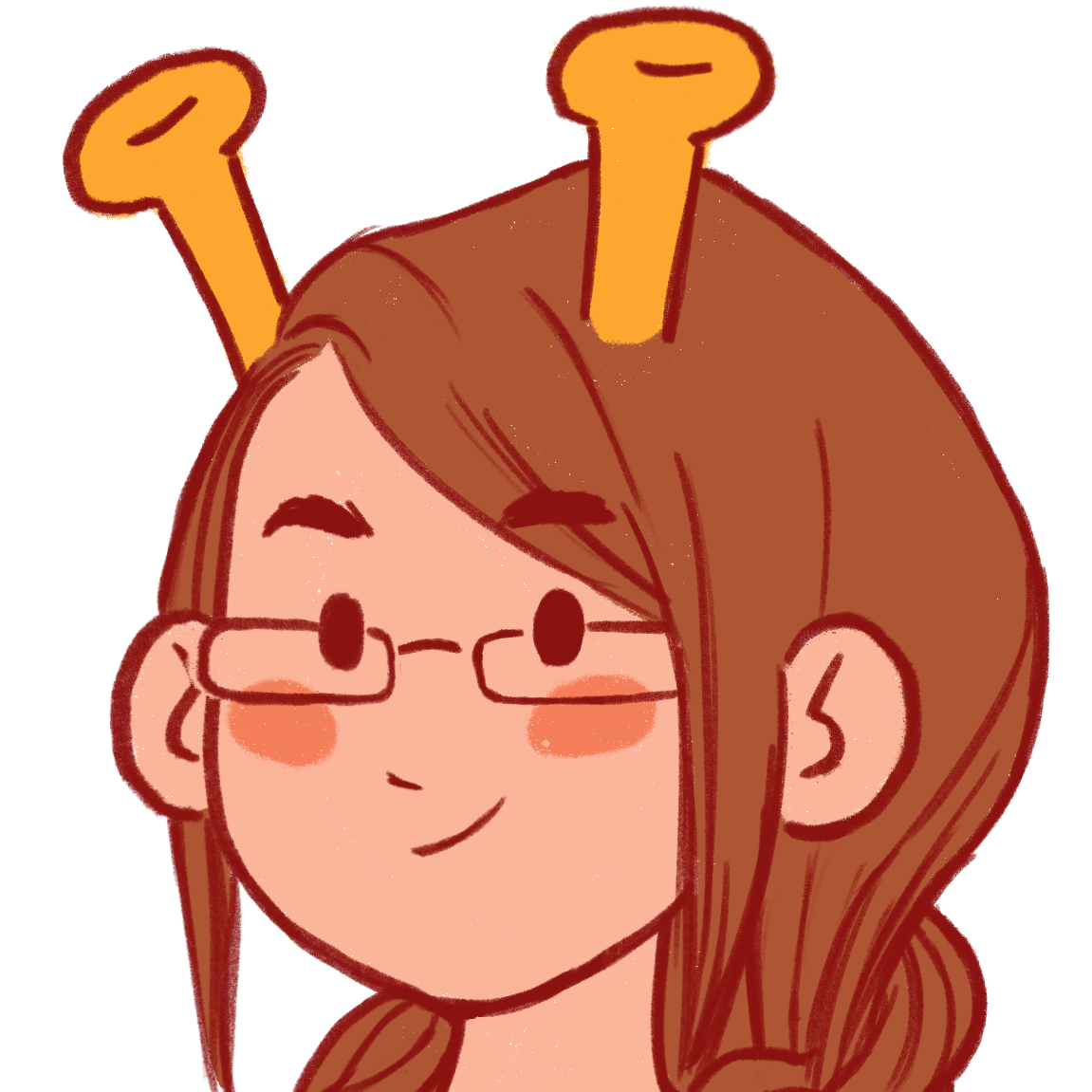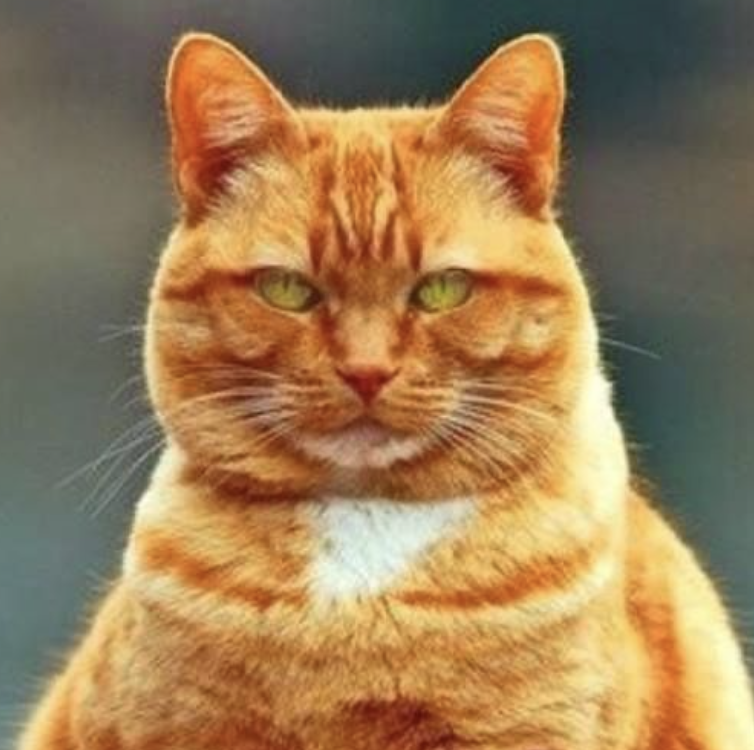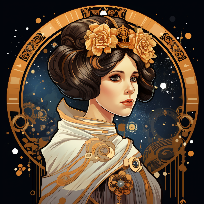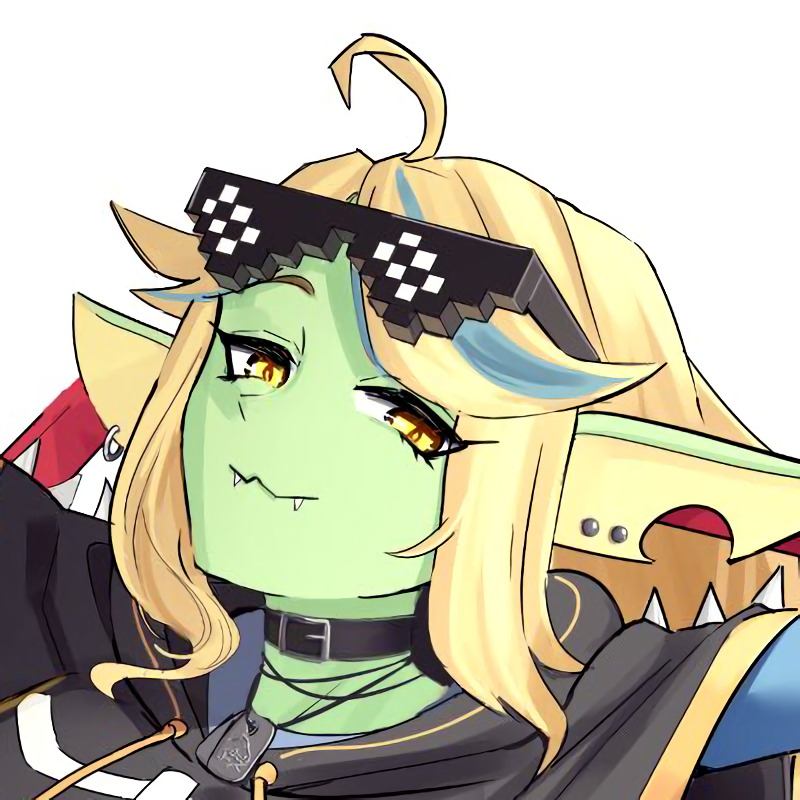More than 100 days into the writers strike, fears have kept mounting over the possibility of studios deploying generative artificial intelligence to completely pen scripts. But intellectual property law has long said that copyrights are only granted to works created by humans, and that doesn’t look like it’s changing anytime soon.
A federal judge on Friday upheld a finding from the U.S. Copyright Office that a piece of art created by AI is not open to protection. The ruling was delivered in an order turning down Stephen Thaler’s bid challenging the government’s position refusing to register works made by AI. Copyright law has “never stretched so far” to “protect works generated by new forms of technology operating absent any guiding human hand,” U.S. District Judge Beryl Howell found.
The opinion stressed, “Human authorship is a bedrock requirement.”
The push for protection of works created by AI has been spearheaded by Thaler, chief executive of neural network firm Imagination Engines. In 2018, he listed an AI system, the Creativity Machine, as the sole creator of an artwork called A Recent Entrance to Paradise, which was described as “autonomously created by a computer algorithm running on a machine.” The Copyright Office denied the application on the grounds that “the nexus between the human mind and creative expression” is a crucial element of protection.
Thaler, who listed himself as the owner of the copyright under the work-for-hire doctrine, sued in a lawsuit contesting the denial and the office’s human authorship requirement. He argued that AI should be acknowledged “as an author where it otherwise meets authorship criteria,” with any ownership vesting in the machine’s owner. His complaint argued that the office’s refusal was “arbitrary, capricious, an abuse of discretion and not in accordance with the law” in violation of the Administrative Procedure Act, which provides for judicial review of agency actions. The question presented in the suit was whether a work generated solely by a computer falls under the protection of copyright law.
“In the absence of any human involvement in the creation of the work, the clear and straightforward answer is the one given by the Register: No,” Howell wrote.
U.S. copyright law, she underscored, “protects only works of human creation” and is “designed to adapt with the times.” There’s been a consistent understanding that human creativity is “at the core of copyrightability, even as that human creativity is channeled through new tools or into new media,” the ruling stated.
While cameras generated a mechanical reproduction of a scene, she explained that it does so only after a human develops a “mental conception” of the photo, which is a product of decisions like where the subject stands, arrangements and lighting, among other choices.
“Human involvement in, and ultimate creative control over, the work at issue was key to the conclusion that the new type of work fell within the bounds of copyright,” Howell wrote.
Various courts have reached the same conclusion. In one of the leading cases on copyright authorship, Burrow-Giles Lithographic Company v. Sarony, the Supreme Court held that there was “no doubt” that protection can be extended to photographs as long as “they are representative of original intellectual conceptions of the author.” The justices exclusively referred to such authors as human, describing them as a class of “persons” and a copyright as the “right of a man to the production of his own genius or intellect.”
In another case, the a federal appeals court said that a photo captured by a monkey can’t be granted a copyright since animals don’t qualify for protection, though the suit was decided on other grounds. Howell cited the ruling in her decision. “Plaintiff can point to no case in which a court has recognized copyright in a work originating with a non-human,” the order, which granted summary judgment in favor of the copyright office, stated.
The judge also explored the purpose of copyright law, which she said is to encourage “human individuals to engage in” creation. Copyrights and patents, she said, were conceived as “forms of property that the government was established to protect, and it was understood that recognizing exclusive rights in that property would further the public good by incentivizing individuals to create and invent.” The ruling continued, “The act of human creation—and how to best encourage human individuals to engage in that creation, and thereby promote science and the useful arts—was thus central to American copyright from its very inception.” Copyright law wasn’t designed to reach non-human actors, Howell said.
The order was delivered as courts weigh the legality of AI companies training their systems on copyrighted works. The suits, filed by artists and artists in California federal court, allege copyright infringement and could result in the firms having to destroy their large language models.
In March, the copyright office affirmed that most works generated by AI aren’t copyrightable but clarified that AI-assisted materials qualify for protection in certain instances. An application for a work created with the help of AI can support a copyright claim if a human “selected or arranged” it in a “sufficiently creative way that the resulting work constitutes an original work of authorship,” it said.
Don’t post the entire article in the OP, please. You’ll end up getting C&D’s sent to your instance admins if publishers keep seeing this, because it’s - ironically enough in this context - copyright infringement.
Just post a snippet to stay within fair use. Don’t ruin Lemmy for all of us over something so silly.
Ok, my bad
What if one feeds the entire article into an LLM and has that rephrase it? Is it derivative then?
Well you can’t copyright what the AI wrote
Only if you say it was written by an AI, that’s the lesson here.
Only if it introduces biases and errors like a normal person would.
That’s honestly not a bad idea. I might start doing that next time I post a link, myself!
Other journalists websites do this all the time now, and claim authorship. If they can get away with it, I don’t see why we can’t.
Only if you add flying turtles and snarky goblins into the article.
That’s a normal newspaper’s article. Most articles (non-opinion articles) are rephrasing of press releases from press agencies
Or, even better, use AI to generate a tldr.
Isn’t that what the autotldr bot basically does?
Exactly
Linking to it is fine, but OP had copy/pasted the full text of the article into the body of the post. It looks like he’s since edited it out.
It doesn’t happen too often, but I’ve seen some websites get in trouble for doing that.
That’s great! It means artists can continue to use AI art for projects they don’t intend to sell, and Hollywood, which already has too much power, still relies on others.
Artists can still make money and copyright their stuff. You just can’t use exclusively AI to create the images. Cleaning up an AI generated image count as artistic work. Color correct, add missing fingers, make the eyes point the same way, remove background monstrosities. It all adds up.
Unfortunately this also goes for Hollywood. They can generate the bulk of the work and have one guy do the editing and suddenly they own the edit.
The real losers in this are the people that generate images with no modifications and post it as is while pretending that they are doing art.
You are correct. Hollywood will simply change up a couple things and then use the assets.
However, I‘m still undecided about how I think about whether generating AI art should count as Human-generated or not. On one hand, people can spend hours if not days or week perfecting a prompt with different tools like ControlNet, different promptstyles and etc. On the other hand, somebody comes up to midjourney, asks for a picture of a dragon wearing a T-Shirt and immediately gets an image that looks pretty decent. It’s probably not exactly what they wanted, but close enough, right? AI gets you 90% there what you want, and the other 10% is the super-hard part that takes forever. Anyway, sorry for dumping my though process from this comment chain on here xD
Sorry, I am firmly in the camp where that isn’t art. The prompt writing can be a literary work but the result isn’t a work of art. You set up the environment that allowed the image to exist but you didnt make the image.
I remember this artist who used a jet engine to throw paint onto a big canvas. Was the resulting artwork made by the jet engine, based on what you’re saying?
I’m not confrontational. I just like the discussion. This whole topic is, well, fascinating.
deleted by creator
But the treatment of photographs in the decision fits your description. The photographer sets up the environment that allowed the image to exist but it’s the camera that makes the image. The judge held that was protectable because the image represents the human’s mental conception of the scene. It’s not a ridiculous stretch to consider AI to be merely a camera for the prompt-writer’s mental conception. I am certain this argument has been or will be tried in court. The IP owner industry is far from done litigating this topic.
Man, if AI gets to reproduce pictures exactly as I imagine them, then that’s an excellent point. It’s my creation. The AI just plasmated it in a screen.
But for any other scenario… it’s tricky business.
Don’t apologize! It’s a really active topic and I’m super interested in other‘s opinions on this!
That latter case likely wont be copyrightable, but the former can start to meet this criteria mentioned in the article:
An application for a work created with the help of AI can support a copyright claim if a human “selected or arranged” it in a “sufficiently creative way that the resulting work constitutes an original work of authorship,” it said.
The way I read that, the more instruction you give to the composition of the image (ie, how detailed and descriptive you are with your prompt) the better claim you would have to copyrighting the resultant work.
I think the mistake lots of people are making is that all AI generated art is the same and should all be treated the same. Which is likely not going to be the case. And Copyright rulings are mostly done on a case by case bases, unless there is significant change this will likely still hold true and so one ruling on some AI generated art might not result in the same ruling for a different piece created in a different way with different effort.
What this case shot down is the claim that AI can claim copyright on a works as an AI is not human and copyright only applies to humans. Which is the same stance courts have tend before with content created by animals.
That latter case likely wont be copyrightable
It is if you don’t say it’s AI generated or you lie about how much human input it required which would be impossible to prove false.
Not impossible. If you generate something with AI and claim you created it yourself you can easily be asked to reproduce a similar works again. If you don’t have the skills to do so then that is fairly big evidence that you don’t hold the copy right over it. If you do have the skills, then you are far less likely to purely lean on AI generated works without putting in some more creative stances on those works, even if you are using AI as part of creating those works.
If you say you did use AI you should be able to show how much effort you are putting into creating the images, how you write your prompts, how you correct mistakes etc. All that is a skill you need to learn and it should not be so hard to show someone you do have that skill or not.
Are these definitive? No, not much evidence is definitive, but a collection of various things can help paint a picture. So there are ways to you can show if someone is likely to be lying about how much effort they put into some work. Which makes it distinctly easier than impossible to prove their claims false or not.
If you generate something with AI and claim you created it yourself you can easily be asked to reproduce a similar works again.
Asked by whom exactly? The Copyright Office? Are they going to ask for prove from every artist that requests registration for a work?
If you say you did use AI you should be able to show how much effort you are putting into creating the images
Or you can lie in your request. From the Compendium of U.S. Copyright Office Practices:
“As a general rule, the U.S. Copyright Office accepts the facts stated in the registration materials, unless they are contradicted by information provided elsewhere in the registration materials or in the Office’s records.”
deleted by creator
that seems quite likely.
Plenty of things that take weeks of work aren’t art.
Definitely. Ask anybody who finally evacuated the last thing they ate from Olive Garden!
Yeah while this suit covers a very specific scenario, a large majority of AI driven content does have human interaction and does qualify for copyright.
Even just a draft, fed into an AI finishing system, has some human interaction. Nothing is going to stop the AI revolution.
It looks like the key in the ruling here was that the AI created the work without the participation of a human artist. Thaler tried to let his AI, “The Creativity Machine” register the copyright, and then claim that he owned it under the work for hire clause.
The case was ridiculous, to be honest. It was clearly designed as an attempt to give corporations building these AI’s the copyrights to the work they generate from stealing the work of thousands of human artists. What’s clever here is that they were also trying to sideline the human operators of AI prompts. If the AI, and not the human prompting it, owns the copyright, then the company that owns that AI owns the copyright - even if the human operator doesn’t work for them.
You can see how open this interpretation would be to abuse by corporate owners of AI, and why Thaler brought the case, which was clearly designed to set a precedent that would allow any media company with an AI to cut out human content creators entirely.
The ruling is excellent, and I’m glad Judge Howell saw the nuances and the long term effects of her decision. I was particularly happy to see this part:
In March, the copyright office affirmed that most works generated by AI aren’t copyrightable but clarified that AI-assisted materials qualify for protection in certain instances. An application for a work created with the help of AI can support a copyright claim if a human “selected or arranged” it in a “sufficiently creative way that the resulting work constitutes an original work of authorship,” it said.
This protects a wide swath of artists who are doing incredible AI assisted work, without granting media companies a stranglehold on the output of the new technology.
I wonder could you interpret this as AI created movie script isn’t copyrightable but the actual filmed movie is. That would invite some weird competition, like we’ve seen over the years with the copycat movies.
I wonder could you interpret this as AI created movie script isn’t copyrightable
This first but I don’t think that is how it can be interpreted like that. Looks like it comes down to how much human input was used to guide the AI in the works. The more the human guided the AI the more they have a claim to the copyright is how I read that. Not just all AI content cannot be copyrighted. Which IMO seems like a fair way to apply copyright to AI generated content.
The latter part is basically already handled - look at any film created from a public domain works, Shakespeare plays being a big example here. I would expect non-collectable AI works adapted to film to to be handled the same way. Though I suspect that to create any good movie script with AI you would need significant human input which could lean towards to script having a stronger copyright claim by those that guided the AI.
Yes , but let’s say Marvel writes the next Avengers movie with AI. Somebody else could come along and make their version of it. They’d need their own characters though, because those are copyrighted by marvel comics.
they generate from stealing the work of thousands of human artists.
Has this been litigated yet?
Wait, he didn’t just try to claim copyright over AI created material… he tried to claim the AI could copyright it?
Lol. Lmao, even.
Hope: AI gets so good that people using a personal computer can produce full TV series with a single prompt, delare it uncopyrightable, and share the best results online as a alternative to corporate stuff.
Fear: IP law becomes so disconnected from the current situation that it prompts governments start over from scratch. New IP law is written by the corporations for the corporations, and any form of creativity is restricted and monetized.
It sorta already happens. No one owns the copywrite to vampires hence all the stuff that is only slightly above fanfics becoming big. You are welcome to hate on Twilight but you can’t deny it’s popularity.
This doesn’t change much because of a simple difference: This was an AI product put in wholesale.
There was no human intervention in (visually) creating this product, thus no human can claim copyright.
Studios aren’t gonna do this when replacing some of their writers, because AI may not be good enough yet. Instead, it’ll be a smaller team, they’ll do the edits, and they can claim copyright.
This only really matters If AI advances to the point where we can completely create a full movie or TV show from scratch with just purely prompting, which, currently, we can not.
A spoof of Seinfeld runs 24/7 from only AI input after the initial prompt. It is bad, but exists. Depending on your quality standards, we are there. https://en.m.wikipedia.org/wiki/Nothing,_Forever
The rigging and models are copyrightable.
Having tried to do something similar, “Nothing, Forever” must have some pretty serious coding to engineer the prompts and reconstruct tiny snippets of AI generated dialogue into a full meaningful script. I wonder if that’s enough for the creators to claim copyright.
That’s what I see likely. Writers will eventually use this as a tool. Say setup a scene and generate 40 versions. Pick the best one, edit it, feed back what you improved, generate another 40…
We are still reading Shakespeare and I think part of the reason was how he wrote those plays.
Write the scene, pass to actors, actors have notes, rewrite scene, pass to actors, have actors act out scenes, make changes, run changes by actors, rewrite scene, perform scene, watch audiences (are they laughing at the jokes? Are they sad when they are supposed to be sad?), make edits,…
He did it like a collaborative activity and gradual refinement. Almost none of his plays have an official indisputable version, instead we have multiple versions with slight differences.
Stop worrying about your jobs writers, this is a tool. Use it.
It’s only a tool for lazy, shot by, hack writers. Like the writers for Big Bang or any kids show by Disney.
Why would a real writer need AI to steal words from others? Do you think Neil Gaimon needs help from a shitty program to write? Or any other high caliber writer? No. Because AI is for untalented artists and writers. They are the ones getting terrified that it might replace them.
Which speaks to their skillsets.
The thing is there was uncountable amout of people intervention. AI art is derivative work achieved via mathematical means.
Not in the copyright sense.
Yes, there were millions of people’s work that was in the training data that was used to make whatever AI program created those AI images, but (at least right now) that isn’t considered for legal ownership.
The US Copyright Office is taking the stance that there must be human effort that can be seen/pointed to in the final product directly in order to count as an “Author”.
Think about that guy with the monkey taking a photo, and how that got into the public domain. Just because the company selling the camera “created the camera used to take the photo” (made the AI model) or because someone using the camera “set their own settings for the photo to be its best quality” (typed in a proper prompt for the model) doesn’t mean that either party “owns” that image.
That whole paradigm could maybe change if/when AI LLM programs get seriously regulated, but even so, I personally don’t think that changes the chain of ownership, nor should it.
So it’s the same as when the film industry got started?
The element of human creativity derives from the Constitution.
“To promote art the author has the exclusive right.” Something like that.
By that logic, all human art is derivative work achieved via biological means. No artist works in a vacuum. Everything an artist sees subtly influences their style.
This is why “intelectual property” is such bullshit
The work itself must be a product of creativity, reduced to a tangible medium.
The code that makes the art, the prompts, could be copyrighted. But not the output.
couldn’t help but lol at this quote:
US copyright law is designed to adapt to the times.
“To the times Disney pays people off enough…”
Oh it does adapt the time the copyright is valid.
This doesn’t mean artists or movie studios can’t make AI creations and sell them. It just means they can’t stop people from copying and distributing them.
If a well regarded artist uses generative AI to make art, then prints a single copy or a limited edition and signs them, they can sell them. Other people can copy it, but it won’t be the same. They won’t have the same value as the ones the artist produced, and they won’t be signed.
The hollywood model is based on ownership of IP. Can you imagine if “Stranger things” was AI generated by Netflix, had a hit first season, then Disney released a second season with new actors? Meanwhile, CBS premieres “Stranger things : Miami?”
It would be a mess and put their entire business model into a tailspin.
This ruling may be the biggest bouy the writers have gotten so far in their strike.
Seems to work fine with Sherlock Holmes
Holmes is very episodic by nature, which lends itself well to this structure. Even the ones that aim for an overaching story lean heavily into the “mystery of the week” for story structure.
It probally would work for things like the above, but can you honestly see long form shows working in the same way?
I think that in this scenario, Netflix could hold copyright over the idea and characters. Only the script would be out of reach. Lawyers would ensure that they hold onto the right bits to prevent this scenario.
If I asked AI to write a story for a child, the whole thing is up for grabs. If I give it characters with specific traits and a story arc, that would still be mine. Only what the AI filled in wouldn’t be protected.
And I’m sure that the government would grant copyright on the human-generated inputs to an imitative large language model so-called “AI.” Not sure it would be worth anything, though.
Hell, I would bet that one might be able to copyright the database that was fed to an LLM, as long as it was independently generated & created by a human and not just a hoovering of a bunch of other authors’ works.
The courts have this right, for sure. Presumably we can’t copyright the answer that comes out of a calculator when we hit the “=” button. But we can copyright all the formula manipulation and original thought that went into deciding which keys to press on the calculator, and possibly even the action of pressing the keys? Not sure on that last bit.
The “creation” is algorithmic, and just like the calculator’s output that cannot be copyrighted. That’s based on “facts” of the universe, not “creation.”
Is saying “i want a long form show about 80s teenagers in a small town, one of which has psychic powers, with an overarching dark force that opposes them” really going to be “creative” enough to protect a tv series worth of output?
I think that falls apart in the same way that setting up a security camera once and then walking away doesnt give you permanent copyright over whatever it captures. There isn’t enough humanity in the creation to count it as “uniquely human.” The court seems to agree.
People could pay the studios that made the version of the show they wanted most. Instead of having no choice but to buy from whoever paid the most in the collectable copyright trading card game.
Maybe I want the “Tron 3” Dreamworks would make, instead of Disney.
I believe this is wrong. They can’t copyright an AI-generated script, but the performance and film based on a script is copyrightable.
Think about this: can you copy and sell the Leonardo and Claire Danes Romeo and Juliet because Shakespeare’s work is in the public domain? No. You cannot.
Disney has spent a lot of time and money making sure that their characters can’t be used by anyone else, including extending copyright law each time the ‘steamboat willie’ version of Mickey Mouse would enter public domain.
I think they will care a lot that they can’t copyright ai-generated characters.
Nfts all over again
Can they copy the artist’s ai generated art including the signature and sell that?
artist’s or ai generated?
If they can’t copyright it, everyone can just copy their shit and it’s not considered theft. I could buy that single, unique print, copy it and sell it myself more than once and make more than the dude who generated it. And it would be legal since it’s public domain and not copyrighted. Would it be the same as the original? No. Do most people care about that? Also no.
ask richard stallman
Lol is that the NFT guy?
Actually, it has nothing to do with human creators at all. It means that AI can’t hold a copyright. But the person who wrote the article would have to actually be able to comprehend court documents to understand that, so here we are.
From the opinion:
On the record designed by plaintiff from the outset of his application for copyright registration, this case presents only the question of whether a work generated autonomously by a computer system is eligible for copyright. In the absence of any human involvement in the creation of the work, the clear and straightforward answer is the one given by the Register: No.
Given that the work at issue did not give rise to a valid copyright upon its creation, plaintiff’s myriad theories for how ownership of such a copyright could have passed to him need not be further addressed. Common law doctrines of property transfer cannot be implicated where no property right exists to transfer in the first instance. The work-for-hire provisions of the Copyright Act, too, presuppose that an interest exists to be claimed. … Here, the image autonomously generated by plaintiff’s computer system was never eligible for copyright, so none of the doctrines invoked by plaintiff conjure up a copyright over which ownership may be claimed.
The irony is palpable.
Hollywood will just do what they always do. Pour billions more into lobbying the government until they pass something that will allow certain exemptions.
Sonny Bono 2.0
As a person who creates both visual arts and music, though admittedly for my own enjoyment alone, I can’t bring myself to ever recognize any of the AI generated stuff as Art. None of it is any good if you look at it close. It’s wrong in every way. The machines were supposed to come for our jobs, but that was supposed to mean factory production and construction and shit.
It’s not about being technically good or not for me, it’s a question of expression. A human can express internal thoughts and feelings. An AI, at least the ones we currently have, can only do an awkward imitation. There’s no intention or awareness.
I think it can be art in the same way as photography: In both cases, the human influence is far less intentional than things which start with a blank canvas, and the ease of creation means that most examples aren’t art, but there are a few where someone happened to use the fullest understanding of their technical skill to capture a moment and a sensation of value. I wouldn’t say all photography is art, but I wouldn’t say that no photography is art, and I think generative images are similar.
I support the idea of making it uncopywrightable. I think it is obviously dependent on so many creators that granting sole use to anyone seems inappropriate.
Oh, I don’t even really care about the copyright thing. I just hate for a fucking robot to lay around in it’s pajamas drawing pictures while I trade 13 hours of every day to a factory for the privilege of sleeing under a roof with some food for my family and to get to lay around drawing pictures like an hour of my week. This is defined distopia.
I’ve still got hope. I see a sharply growing awareness of what you’re point out, and I think even the billionaires are a little spooked right now.
As they should be! There’s a lot more of us, and we’re coming for their power!
Unfortunately at worst the machine will only improve to the point where it is unnoticable.
Its a program designed exactly to be bullied into place by humans, were just only halfway through the bullying and still coorp’s are pushing it like its done.
Eventually it’ll have to be accepted as just another tool by artists.
That being said I support copyright less than I do “AI rights” so I’d say this is an overall win
If you think art is at all dependent on each individual recognizing it as good, then I think you’ve completely missed the point of a lot of art. Most art only appeals to some.
When I make art I make it for myself. I have no interest whatever if it anyone else feels one way about it. I talked with the robots. I didn’t like it. Felt dirty, cheap.
Fuck Corporate America and all it’s Bootlicking sellout enablers.
As someone who creates a variety of art in pretty much any medium I find AI art to be something deep and subconscious in us. It taps into something we can’t reach unless on mind altering drugs. I find it to be an amazing study of the human psyche. I have never been able to connect to most “art” especially any of the classical stuff, as well as most music. While people enjoy and even request certain pieces of art from me, all but sculpting leaves me disconnected from my work because what I visualize and what create aren’t thr same. AI art has that missing piece.
Most of what people generate with AI is shit because the people using it have no idea about art. When an actual artist picks up those tools you get quite different results.
The neat thing is that it doesn’t really matter what kind of artist you are. You don’t need to be a painter, a sculptor has just as trained eyes yet can prompt an oil painting. Heck I’d bet random musicians get significantly better results than the general population.
So, as someone who doesn’t do visual art, mainly writing and music as hobbies, my opinion is if there is intent, ie from the prompt or there editorial process of tweaking the model, then there is at last an attempt by a human to convey a message through the piece.
Whether or not it has good composition, or achieves something that resonates with a human viewer is valid criticism, but I think irrelevant as to whether or not it is art or a piece of creative expression. If someone has bad technique and can’t really get their idea across well in a painting, is it no longer art? Is a painting made during a paint and sip where you’re coached through the painting not art because there is no intent? These are more to gauge what you mean by art than as gotcha questions.
I would disagree that a prompt is sufficient to express human intent, specifically in writing. How many stories can you list that don’t follow the heroes journey vs the ones that do? The most important part of any writing is not the setting and overarching narrative, it’s the small choices the author made all along the way that make it truly human. AI can parrot those choices, but a human can’t get an AI to make truly new unique decisions with any amount of prompting.
On the subject of tweaking the model, that’s not really how AI models work. Users don’t edit the model and keep the prompt the same to try to get different outputs. The only interface exposed to users is the input.
Author can define those small choices as part of the prompt.
I’m talking about how the story is written. You literally can’t define all of those choices in a prompt, it’s a continuous series of many many choices all throughout the story
Many/most of those small choices have no artistic value - it doesn’t matter if you choose to use “because” or “since” for example.
Providing critical artistic choices while letting AI to make the rest of simple dumb choices (like the example above) is IMHO still creating art.
True! If u think, that something machine made could be Art should think about what art differentiate from kitsch.
If you had spent just a few minutes thinking about it, you’d have realised email jobs and creative jobs would be first on the automation chopping block.
A secretary used to schedule events and write invitations manually, now you have calendly and ChatGPT.
You used to need an HR professional to onboard new employees, now you can use on-demand courses through any of the million LMSs that exist.
Oh and there are already AI generative tools for those kinds of online courses.
Meanwhile, even the best robots move like geriatrics. We’re 100 years away from a robot that could do all that a construction worker does.
I work for a company that is automating the onboarding process even more. You type in the name of the person being on boarded and it creates the software licenses, training programs, usernames, passwords, everything, including checklists, reminders, deadlines and recurring events and renewals, with AI language models picking whether the new hire is in marketing or sales or supply chain etc
seems a pretty easy solution here. just say you’ve written it… no reliable software exists for proving text is AI generated.
Doing that under oath is a crime, so those claiming copyright and their employees would be taking a lot of risk of eventually being discovered.
“Need to get away with murder? Easy! Just say ‘it wasn’t me, it must of been someone else who done it’. For bonus points, combine with a wink to the hot judge/juror of your choice.”
Shaggy defense. It’s a real thing now: https://en.m.wikipedia.org/wiki/Shaggy_defense
Do you have to add “zoinks” at the end when you say it wasn’t me?
It’s not like that’s ever stopped any of them before.
I changed some words. Now it’s mine. I dunno, error, search and replace “Mike” to “Michael”.
You didn’t create it so why the hell should you be able to copyright it?
Interesting that he filed the original copyright application as a work for hire situation. I guarantee he didn’t pay AI anything .
Yea, I spoke to Al. The dudes pissed, didn’t get paid shit
Talk about an inaccurate headline. The conclusion here isn’t that AI art can’t be copyrighted, it’s that AI cannot be a copyright holder. But it’s AI, so we can’t actually expect anyone to pull their head out of their ass and give it enough thought to write an article that isn’t garbage.
Instead we have yet another thread about this case in which no one actually has any idea what the ruling was. Very informative.
From the opinion;
Both parties have now moved for summary judgment, which motions present the sole issue of whether a work generated entirely by an artificial system absent human involvement should be eligible for copyright. See Pl.’s Mot. Summ. J. (Pl.’s Mot.”), ECF No. 16; Defs.’ Cross-Mot. Summ. J. (“Defs.’ Mot.”), ECF No. 17. For the reasons explained below, defendants are correct that human authorship is an essential part of a valid copyright claim, and therefore plaintiff’s pending motion for summary judgment is denied and defendants’ pending cross-motion for summary judgment is granted.
AI being the copyright holder was never even in question. Some guy tried to register AI art in his company’s name, using the AI as the author of a work for hire. The Court found that he couldn’t get the copyright as a work for hire since no copyright existed in the first place.
What if a monkey made art, would that be copyrightable?
No. That is in the article.
In another case, the a federal appeals court said that a photo captured by a monkey can’t be granted a copyright since animals don’t qualify for protection, though the suit was decided on other grounds. Howell cited the ruling in her decision. “Plaintiff can point to no case in which a court has recognized copyright in a work originating with a non-human,” the order, which granted summary judgment in favor of the copyright office, stated.
This limitation is too easy to get around. Have AI generate a picture. Take a photo of that picture and destroy the original. Copyright is now owned by the photographer. Have an AI write some music, change one note of that music and call in your arrangement of that piece, destroy the original music, and only your arrangement that you have a copyright on exists. etc.
As a photographer that knows copyright law, I assure you flat-art copying a work of art does not make it yours.
The thing I’m seeing that does sort of skirt the issue is that it’s very obvious a lot of YouTubers have jumped on AI image generation to produce static images instead of drawing the images themselves or farming it out to an artist on Fiverr or something. So if they want “evil Jerome Powell with flames in his eyes” they hand it to the AI, it spits something out, and into the video it goes, to be published on YouTube as a memey splash image in the video.
Now that it’s in the video, along with all the other clear acts of human creativity that form a video, it’s sort of “washed” in the money laundering sense, and I don’t see how you legally separate that image from the video in a way that makes the image ineligible for copyright. I don’t see a court being flummoxed by that, at all. If you filch the image from the original video, or try to pull excerpts from the video featuring Evil JPow, you’re in violation of copyright, and we’re on pretty solid, well established legal ground with that. At the very least, you are not completely in the clear to just yank that image for yourself.
So while the original raw image of Evil Jpow that the AI spit out was not eligible for copyright by itself, now it is as part of a larger work, open and shut.
Near the end of the article it affirms pretty much that, saying, "An application for a work created with the help of AI can support a copyright claim if a human “selected or arranged” it in a “sufficiently creative way that the resulting work constitutes an original work of authorship,” [as quoted from the copyright office]
My quote is a bit messy there (i’m quoting the article who is quoting the copyright office) but you get the point.
The raw AI output, assuming no human was involved, cannot be copyrighted, but as soon as the AI output is somehow arranged into a larger work by a human, that changes everything.
So yeah, a bit of arranging, some editing, and the completely AI generated footage can be copyrighted all day. At the very least there would be a court case there.
“evil Jerome Powell with flames in his eyes” Maverick of Wall Street? lmao
You own the copyright of your photo, AI flat art has no copyright, therefore the only copyright is yours.
When you copy a public domain work, you can copyright your original contributions.
So, for example, if you create a picture book of hamlet, you’d own the layout of the text on the page, but not the text of hamlet itself.
So, if I use AI, then tweak it in photoshop, is us human created and now able to be copyrighted?
Basically it’s how already works with cameras. Subjects and composition are enough to copyright images. Even without post-processing
